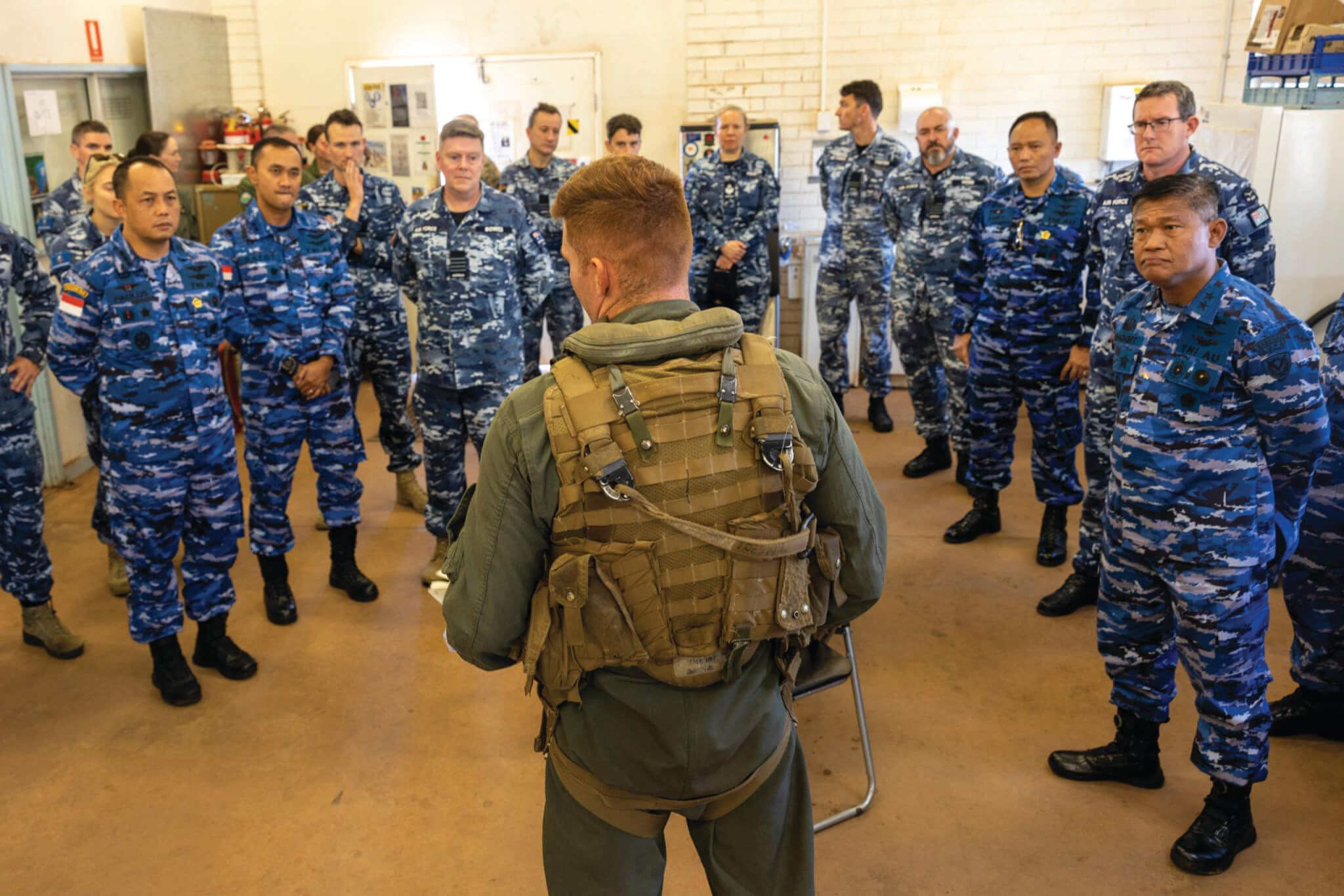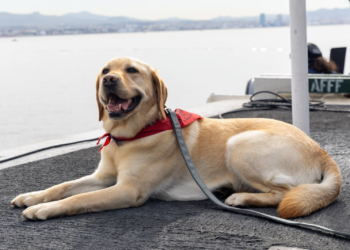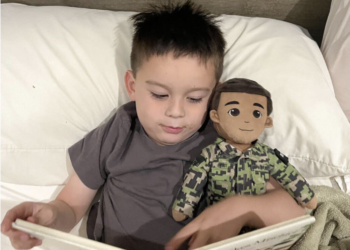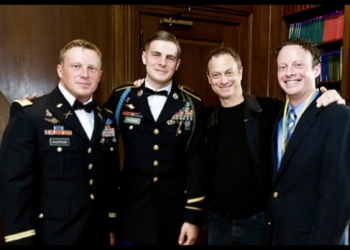For the 12th consecutive year, U.S. Marines have deployed to Australia to continue perfecting interoperability and improving responses to regional security concerns.
The annual rotational deployment, Darwin 23, is a bilateral program that partners the U.S. with Australia’s Army, Navy and Air Force. It typically runs from April to October and includes exercises, bilateral tactical training and engagements with nearby Indo-Pacific neighbors. For the second year in a row, a California-based unit is leading the exercise, this time the I Marine Expeditionary Force out of Camp Pendleton, California.
“This rotation is testament to the longstanding and robust defense cooperation between the United States and Australia,” said 1st Lt. Ramarro Lamar, deputy director of Communication Strategy and Operations for the Marine Corps. “It aligns with the Force Posture Initiatives and the U.S.-Australia Enhanced Defense Cooperation Agreement, which aim to deepen the alliance, expand interoperability and enhance the ability to respond to regional security challenges.”
The six-month rotation is taking place primarily at three Aussie military locations around Darwin, the capital city of Australia’s Northern Territory.
Shared objectives
A forward-coordination element deployed last October to coordinate with Australian Defence Force entities, as well as maintain rotational equipment and facilitate arrivals of incoming Marine Air Ground Task Force units.
So far, sailing has been smooth, Lamar said.
“Being here in Darwin strengthens the ties between our two nations and supports shared security objectives,” he said.
Darwin’s geographic location allows for a convenient training venue to collaborate with other Indo-Pacific nations like Japan, Indonesia and the Philippines, according to Lamar.
Australian Defence Force Maj. Dan Mazurek, of the 1st Combat Brigade in Darwin, has a long history of working with U.S. forces both on exercises and operationally. He said the value of the relationship between the nations’ militaries is high, especially given the uniqueness of Australia’s population and geographic location.
“Australia is a very large country in terms of land mass, but we are a comparatively small nation in terms of population,” Mazurek said. “Texas has 30 million people to our just under 26 million, for example. And yet, Australia occupies a really critical and strategic location in the Indo-Pacific. Our partnership with Marine Rotational Force-Darwin (MRF-D), the U.S. Military and other regional partners are vital to maintaining security in such a vast area of responsibility.”
To that end, U.S. and Australian forces have been training jointly in a wide range of activities, including combined arms live-fire exercises, command and control joint planning practice and humanitarian assistance and disaster relief.
Crocs & cross-culture
Participating Darwin 23 troops aren’t just focused on work, however. When off-duty, visiting Marines have been quick to explore Australia’s scenery and get to know the locals.
“This is my first deployment in the Marine Corps and I will forever see this as a highlight of my career, as it is such a highly sought-after location to serve,” Lamar said. “What has been most memorable about this deployment are the phenomenal Australians that I have befriended during my stay.”
Royal Australian Artillery bombardier Tyler Golding is happy to hear that — and hopes to one day say the same.
“They’re always coming to us — we should return the favor, like an Australian Rotational Force-California,” he said. “So I hope we can go over there, and it’s just been great meeting everyone and putting in the work — it’s really fun. I’m keen to keep doing it.”
“Fun” is an appropriate word to describe the Australian’s approach to life, Lamar said. Besides exercise names like Croc Response, Pacific Kukri, Tiger’s Run and Predator’s Walk, Marines have enjoyed crocodile-watching tours and the Australian sense of humor.
“It’s almost like everyone was born as a comedian here because they are full of jokes, all in good fun,” Lamar said. “I certainly have a plethora of new phrases to bring back to the States, such as ‘pulling your mickey,’ or ‘bangers on the barbie.’”
It all adds up to another successful deployment, Mazurek said.
“The rotation gets a little bit better each year, I think, as we continue to build on this friendship and interoperability,” he said. “I hope that the special partnership between MRF-D and the 1st Brigade not only continues, but continues to grow, as that is a big piece to ensuring this part of the world remains a safe place.”
Read comments










































